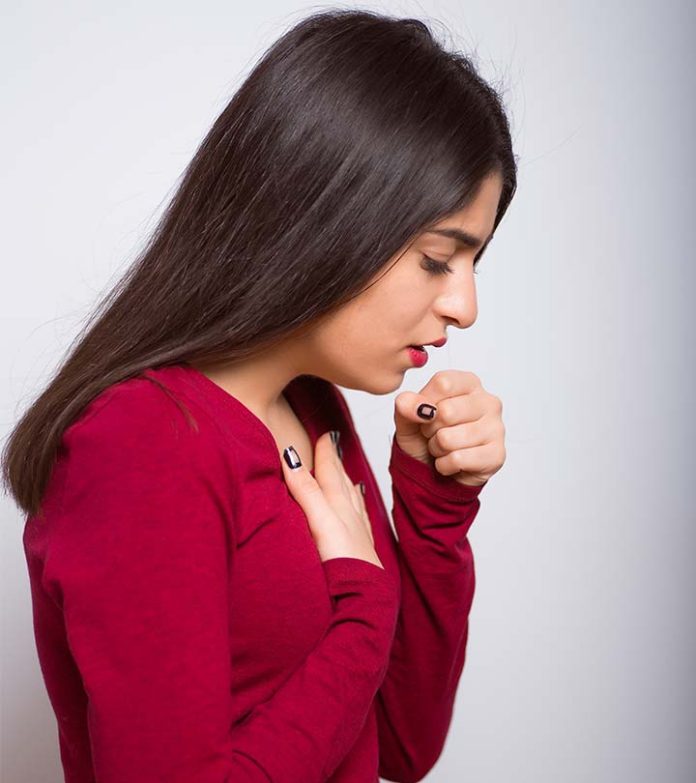Phlegm in the throat can be uncomfortable and can lead to other symptoms like coughing, difficulty breathing, and a sore throat. There are many reasons why phlegm builds up in the throat, such as allergies, infections, or exposure to irritants like cigarette smoke. Luckily, there are many ways to get rid of phlegm in the throat. In this article, we’ll explore natural remedies and medical treatments that can help.
Natural Remedies for Getting Rid of Phlegm
Stay Hydrated: Drinking plenty of water helps thin out phlegm and makes it easier to expel. Aim for at least eight glasses of water per day.
Use a Humidifier: A humidifier can help keep the air moist and reduce irritation in the throat. Add essential oils like eucalyptus, peppermint, or tea tree oil for added benefits.
Saltwater Gargles: Gargling with warm salt water can help loosen phlegm and reduce inflammation in the throat. Mix 1/4 to 1/2 teaspoon of salt into a cup of warm water and gargle for 30 seconds before spitting it out.
Herbal Teas: Drinking herbal teas like ginger, chamomile, or green tea can help soothe the throat and break up phlegm. Add honey and lemon for added benefits.
Steam Inhalation: Inhaling steam can help loosen mucus and relieve congestion. Boil a pot of water, remove it from the heat, and hold your face over the steam while covering your head with a towel.
Medical Treatments for Getting Rid of Phlegm
Decongestants: Over-the-counter decongestants like pseudoephedrine and phenylephrine can help reduce congestion and break up phlegm.
Antihistamines: Antihistamines can help reduce inflammation in the throat and reduce the production of mucus. They are particularly effective for phlegm caused by allergies.
Steroids: In some cases, your doctor may prescribe corticosteroids like prednisone to reduce inflammation in the throat and lungs.
Antibiotics: If your phlegm is caused by a bacterial infection, your doctor may prescribe antibiotics to clear it up.
Mucolytics: Mucolytics are medications that help break up and thin out phlegm, making it easier to cough up. They are usually prescribed for people with chronic bronchitis or cystic fibrosis.
When to See a Doctor
If you have phlegm in your throat that lasts longer than a week or is accompanied by other symptoms like fever, difficulty breathing, or chest pain, it’s important to see a doctor. These symptoms could indicate a more serious underlying condition that requires medical treatment.
Conclusion
Phlegm in the throat can be uncomfortable, but there are many natural remedies and medical treatments that can help. Drinking plenty of water, using a humidifier, and gargling with salt water can help loosen phlegm and reduce inflammation in the throat. Over-the-counter medications like decongestants and antihistamines can also be effective, and your doctor may prescribe more potent medications like steroids or antibiotics in more severe cases. If your symptoms persist or are accompanied by other symptoms, it’s important to see a doctor to rule out any underlying conditions.
FAQs
What are some natural remedies for getting rid of phlegm in the throat?
Some natural remedies for reducing phlegm in the throat include drinking warm water with honey, gargling with salt water, inhaling steam, and drinking herbal tea with ginger or peppermint. Additionally, staying hydrated and avoiding irritants such as smoke can also help.
When should I see a doctor for phlegm in the throat?
If the phlegm is persistent and accompanied by other symptoms such as difficulty breathing, chest pain, or a fever, it may be necessary to see a doctor. Additionally, if the phlegm is accompanied by blood or lasts longer than a week, medical attention should be sought.
Can certain foods or lifestyle habits cause excessive phlegm in the throat?
Yes, certain foods such as dairy products and spicy or fried foods can increase phlegm production. Smoking and exposure to air pollution can also lead to excessive phlegm in the throat. It is important to avoid these triggers in order to reduce phlegm production.
Khalid Irfan is a Fitness expert who enjoys spending time in gym. He also enjoys being in the outdoors and exploring new opportunities whenever they arise as well as researching new topics to expand his horizons.

